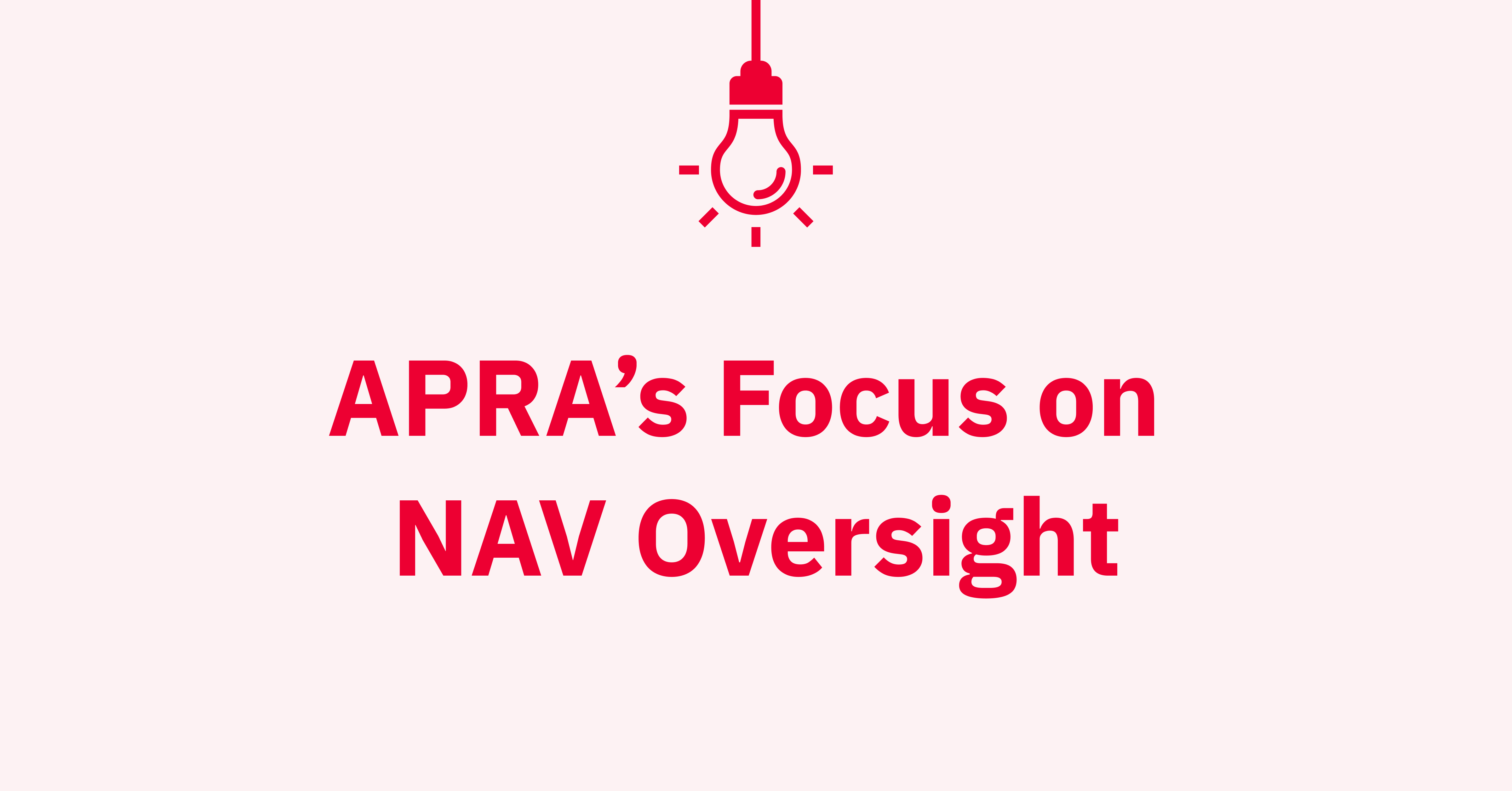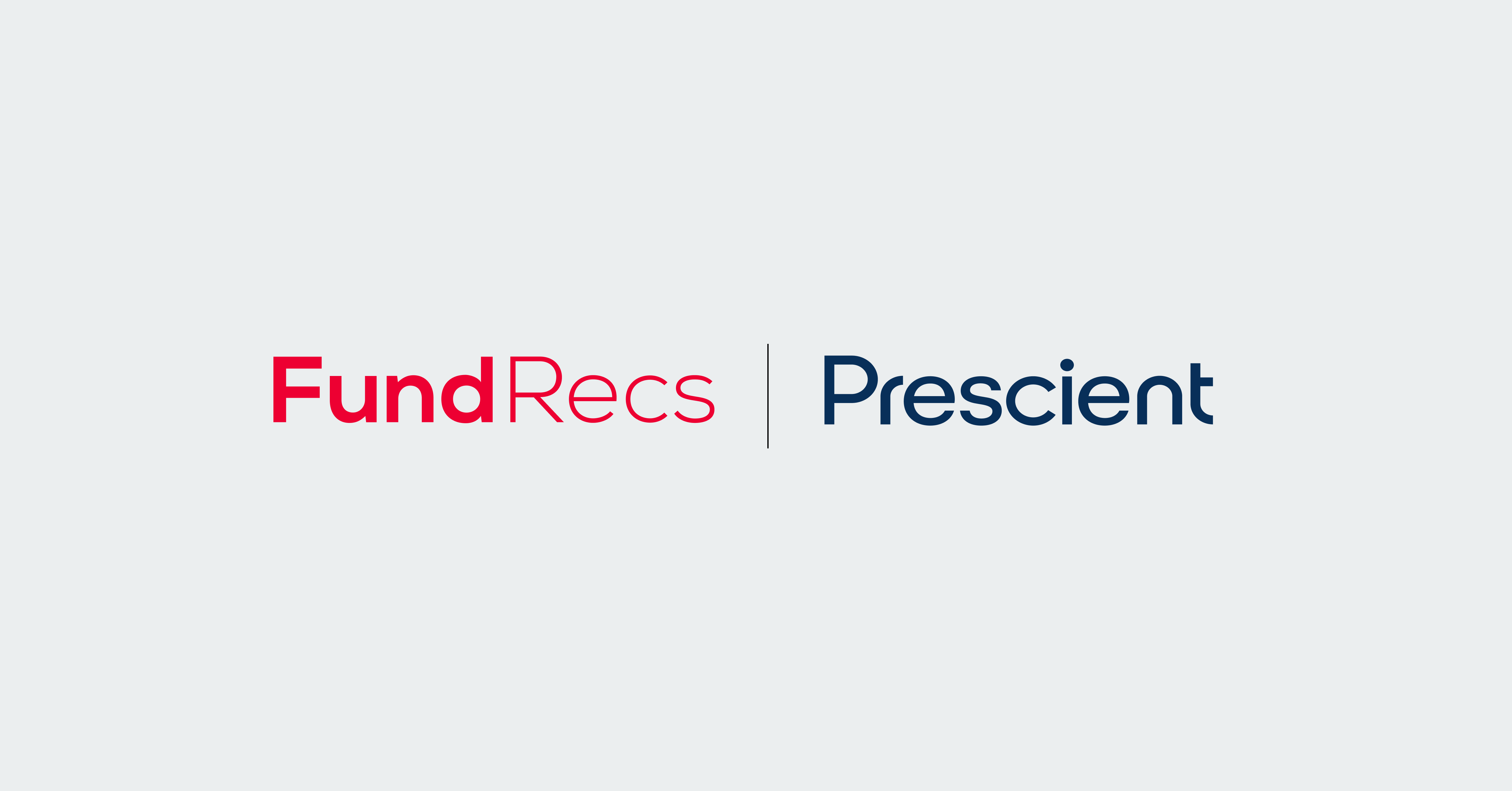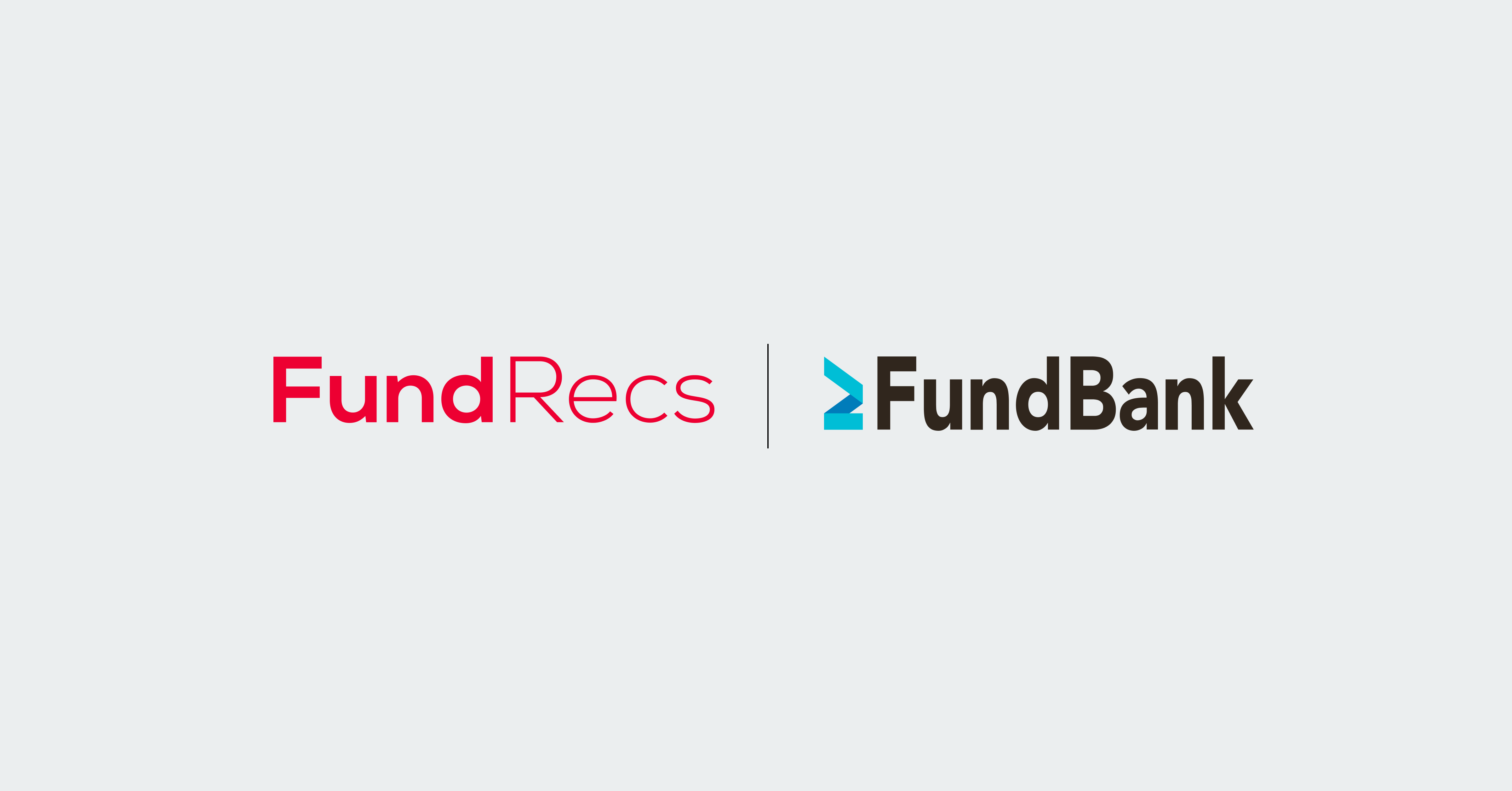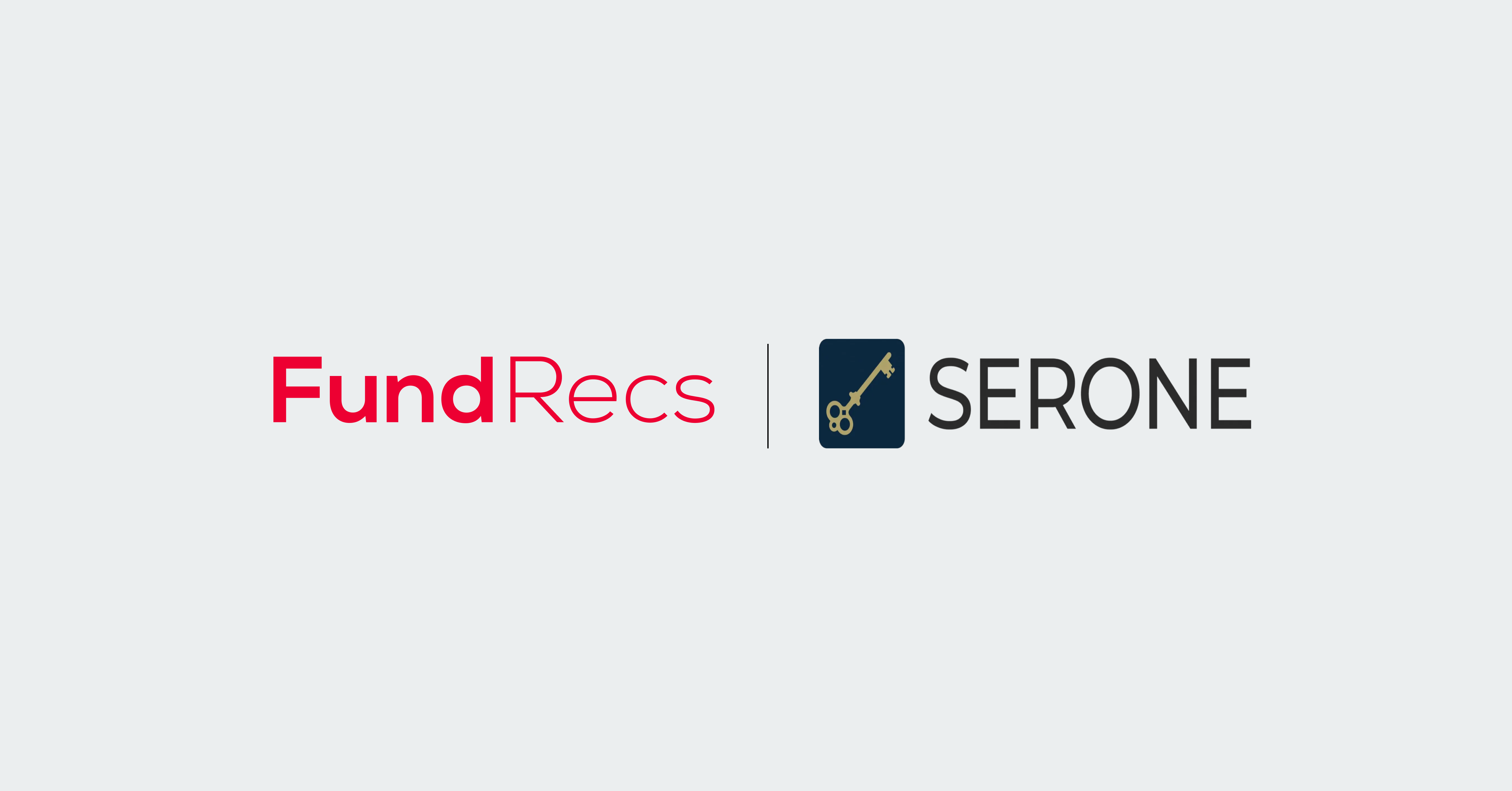Resources
Stay up to date with the latest news, articles, and opinion from Fund Recs, designed to keep you informed and ahead in managing, moving and reconciling fund data at scale.
Latest from Fund Recs

The Future of Workflows in the Funds Industry
How fund operations workflows are changing. Why rules alone no longer work. How firms are combining deterministic steps, AI and human judgment to handle private market data at scale.
Read Post
The Vision behind our Library for Data Automation
The thinking behind Fund Recs’ Library for Data Automation and how modular workflows help teams adapt to change without manual effort.
Read Post
With APRA Intensifying Scrutiny on Third Party Risk, NAV Oversight Has Become a Trustee Priority
APRA is tightening expectations on third-party NAV and valuation oversight. This article outlines what super funds need to strengthen and where trustees need clearer visibility.
Read Post
Prescient Fund Services sign up for Fund Recs state-of-the-art reconciliation platform enabling next generation operations
Prescient Fund Services is partnering with Fund Recs to enhance cash, position, and EMIR reconciliation, supporting faster processes and stronger operational control.
Read Post
FundBank Partners with Fund Recs for Automated Data Transformation Workflows
FundBank has partnered with Fund Recs to automate data transformation workflows and strengthen control across its global operations.
Read Post
Serone Advances Compliance Resilience Through Fund Recs EMIR & SFTR Oversight
Serone has selected Fund Recs to enhance EMIR and SFTR oversight, reducing manual work and strengthening control across its regulatory processes.
Read Post-
Whitepaper
Automating Fund of Funds Reconciliations
Get a detailed insight into the current state of Fund of Fund reconciliations. Find out why some of these are still being completed manually and discover the main challenges of reconciling Fund of Funds. This whitepaper also investigates the associated risks and how to address them.

Latest news
 Data Reconciliation
Data Reconciliation
Prescient Fund Services sign up for Fund Recs state-of-the-art reconciliation platform enabling next generation operations
Prescient Fund Services is partnering with Fund Recs to enhance cash, position, and EMIR reconciliation, supporting faster processes and stronger operational ...
Read Post Client News
Client News
FundBank Partners with Fund Recs for Automated Data Transformation Workflows
FundBank has partnered with Fund Recs to automate data transformation workflows and strengthen control across its global operations.
Read Post Client News
Client News
Serone Advances Compliance Resilience Through Fund Recs EMIR & SFTR Oversight
Serone has selected Fund Recs to enhance EMIR and SFTR oversight, reducing manual work and strengthening control across its regulatory processes.
Read PostSubscribe to our newsletter
Subscribe to our newsletter for the latest news from Fund Recs.